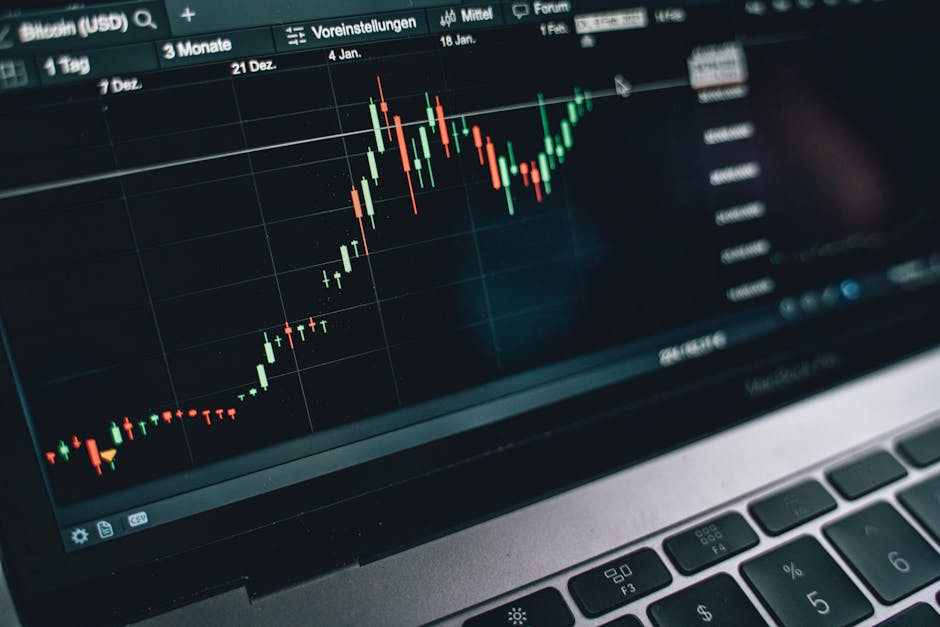
As international markets continue to evolve, German investors are increasingly exploring opportunities beyond their traditional borders. Among the myriad options available, Exchange-Traded Funds (ETFs) offer a diversified and accessible entry point into specialized sectors. One such option that has garnered interest is the VanEck Agribusiness ETF (MOO). This comprehensive guide aims to help German investors evaluate whether investing in the VanEck Agribusiness ETF in 2025 is a smart decision. We’ll examine its performance, potential risks, benefits, and its specific appeal to German investors.
Understanding the VanEck Agribusiness ETF (MOO)
The VanEck Agribusiness ETF (MOO) is designed to provide investors with exposure to the global agribusiness industry. It tracks the MVIS Global Agribusiness Index, which includes companies involved in the agriculture business, such as those involved in agriculture equipment, livestock operations, and agricultural chemicals.
Why Consider Agribusiness in 2025?
Agribusiness represents a critical sector, especially in the face of global challenges such as food security, climate change, and a growing population. These factors underscore the sector’s resilience and potential for growth. As the world pivots towards sustainable agricultural practices, companies involved in this transition stand to benefit significantly.
Performance Overview
When evaluating the VanEck Agribusiness ETF, it is crucial to consider its historical performance and future projections. As of 2025, this ETF has shown consistent growth patterns, reflective of the increasing demand for agricultural innovation and sustainability. However, investors should keep in mind that past performance does not guarantee future results.
Benefits of Investing in the VanEck Agribusiness ETF
- Diversification: By investing in the VanEck Agribusiness ETF, you gain exposure to a wide range of agribusiness sectors, spreading risk across multiple companies and sub-industries.
- Growth Potential: The agribusiness sector is poised for growth due to rising global food demands and technological advancements in agriculture.
- Sustainability: Many companies within this ETF are engaged in sustainable practices, aligning with the increasing global focus on environmental responsibility.
Risks to Consider
As with any investment, there are inherent risks associated with the VanEck Agribusiness ETF:
- Market Volatility: Agricultural markets can be volatile, influenced by factors like weather conditions, trade policies, and global economic shifts.
- Regulatory Risks: Changes in agricultural policies and regulations can impact company performance within the ETF.
- Currency Risks: Since this ETF includes global companies, currency fluctuations could affect returns, particularly for German investors.
Is the VanEck Agribusiness ETF Suitable for German Investors?
German investors considering the VanEck Agribusiness ETF should evaluate their investment goals, risk tolerance, and portfolio diversification. This ETF could be particularly appealing for those looking to invest in a sector with long-term growth potential and a commitment to sustainability.
Tax Implications for German Investors
Investing in international ETFs like the VanEck Agribusiness ETF comes with specific tax considerations for German investors. It’s essential to understand the implications of withholding taxes, capital gains taxes, and how dividends are taxed under German law.
Investment Strategies for 2025
As the financial landscape evolves, consider these strategies:
- Long-term Holding: Agribusiness investments typically benefit from a long-term approach, allowing investors to ride out short-term volatility.
- Regular Rebalancing: Ensure your portfolio remains aligned with your investment goals by periodically rebalancing.
- Complementary Investments: Consider incorporating other asset classes to further diversify and mitigate risks.
FAQ
What is the expense ratio for the VanEck Agribusiness ETF?
The expense ratio is a critical factor to consider as it impacts net returns. As of 2025, the VanEck Agribusiness ETF has an expense ratio that remains competitive within the industry.
How does the VanEck Agribusiness ETF compare with other agribusiness ETFs?
The VanEck Agribusiness ETF is distinguished by its global reach and focus on diverse subsectors within agribusiness, providing a comprehensive exposure that some other ETFs may not.
What sectors does the VanEck Agribusiness ETF cover?
This ETF includes sectors such as agricultural equipment, livestock operations, and agricultural chemicals, offering a broad spectrum of agribusiness exposure.
How has the agribusiness sector performed historically?
Historically, the agribusiness sector has shown resilience and growth, particularly in periods of economic expansion, though it is subject to cyclical downturns related to broader market conditions.
Are there any ethical considerations when investing in agribusiness?
Yes, ethical considerations include the environmental impact of large-scale agriculture, labor practices, and the sustainability initiatives of companies within the ETF.
Conclusion: Is the VanEck Agribusiness ETF a Smart Investment in 2025?
The VanEck Agribusiness ETF offers German investors a unique opportunity to tap into a sector poised for growth due to global demands and increasing sustainability practices. While it presents certain risks, its diversified exposure across the agribusiness spectrum makes it an appealing consideration for those with a long-term investment horizon and a focus on sustainable development. As always, prospective investors should conduct thorough due diligence and consider consulting with a financial advisor to tailor their investment strategy to their individual needs and goals.


